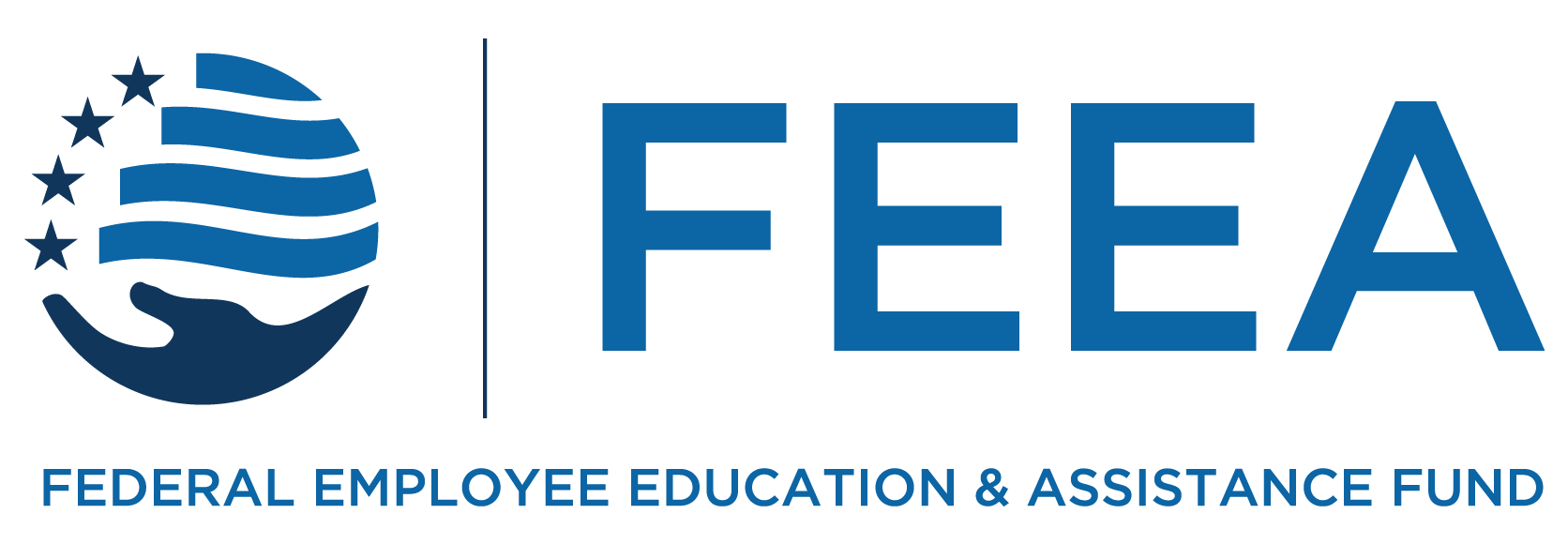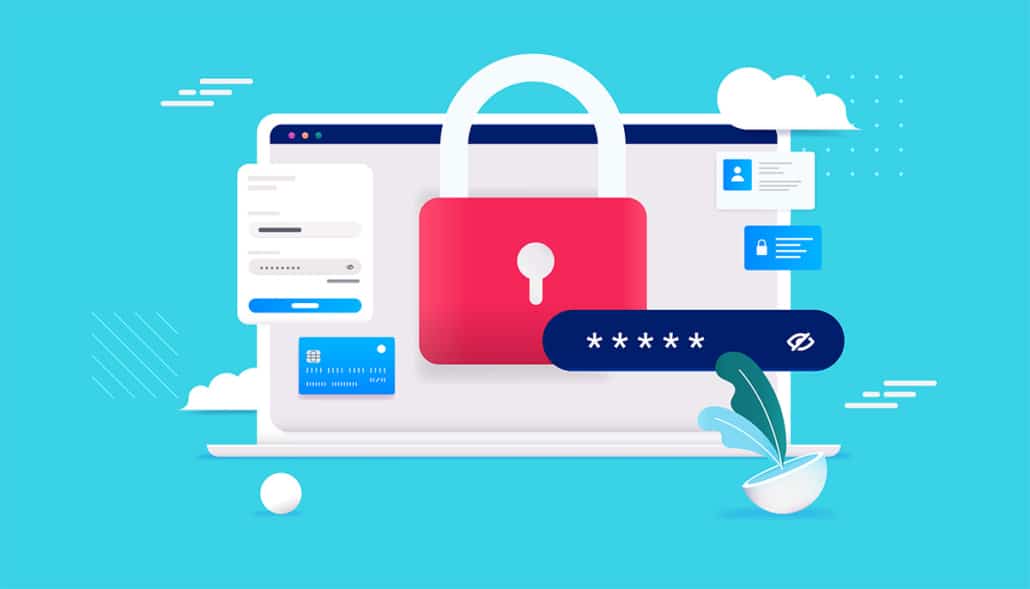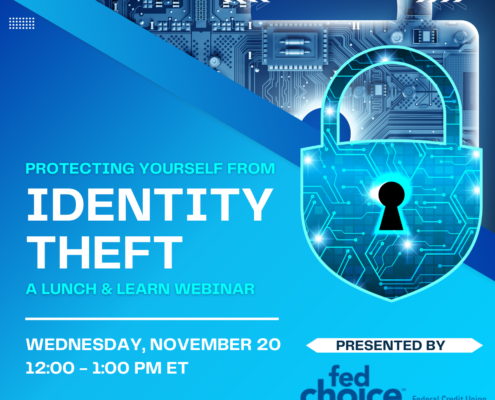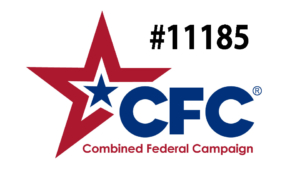Understanding Data Protection: Every Click, Every Share, Every Moment.
Nearly half of all American adults have been exposed by cyber threats. That’s a chilling 47%, as highlighted by CISA. And if that isn’t alarming enough, the stakes are surging; 2023 has seen the cost of a single data breach spike to a jaw-dropping $4.45 million, according to IBM.
The tangible impacts on organizations are evident, with more than half ramping up their cybersecurity investments. However, individual fears loom large. A massive 92% express concern about their online privacy, as TrustArc’s statistics reveal.
And when it comes to apps? Beware of the ‘free’ allure. AppCensus unveils that such apps are four times more prone to tracking user data compared to their paid versions.
Here are four main ways cyber attackers are trying to trap you online:
- Fake Websites
- Third-party sellers on legitimate platforms
- Malicious Social Media links
- Phishing Text Messages
Safety should be a priority when making any online transaction. As we commemorate Cyber Security Month, we connected with cyber experts to provide essential tips to keep you safe online.
Free Tools & Resources
- VirusTotal analyzes files, domains, IP and URLs to detect malware and other breaches.
- FakeSpot is used as a Chrome extension and analyzes user reviews to spot phony reviews
- ReviewMeta allows you to copy and paste a site’s URL on their page to analyze it.
- WhoIs.com is a directory that allows you to search any website to see who the site is registered to, when the site was established, along with contact location. A newer site or foreign-based might be a cause for red flags.
Don’t hesitate to report criminal activity to the FBI. Don’t be embarrassed to file a complaint. We receive about 800 complaints a day, and many of those victims are duped by professional con men.
– Kenneth Klocke, FBI Special Agent
While the digital world offers unparalleled convenience, it also brings new risks. This Cyber Security Month, let’s pledge to be more vigilant, making every online transaction a secure one. Remember, at FEEA, we’re always here to help and provide guidance in every facet of your federal life.
More from FEEA
Subscribe to FEEA’s Newsletter
The information provided in this piece is for your convenience and informational purposes only and not to be construed as professional advice. FEEA and its coauthors and sponsors are not liable for any losses or damages related to actions or failure to act with regard to the content in this piece.
Would you like to reprint this piece in your agency human resource, federal employee association, or union local newsletter? You can do so at no cost by contacting admin@feea.org with your request.













